半導體產品老化壽命試驗
半導體產品是電子產業的核心,而其可靠度試驗的關鍵項目在針對晶片老化壽命,實驗項目最普遍是以JEDEC 47或MIL-STD 883為基礎進行。根據JEDEC 47的建議,樣品的取得是必須三個非連續生產批次,以模擬生產的穩定度,並可參考Family概念適度減少實驗項目與樣品數。
多數的老化壽命試驗,必須透過老化板作為測試機台與晶片的介面。老化板是整個試驗的核心,必須確保其穩定性,避免衍生額外問題。常見的老化壽命試驗項目如下:
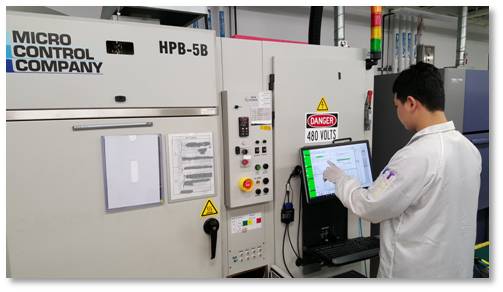
老化板硬件設計與製作
老化板的設計製作是整個壽命試驗的關鍵。不同的產品類別與應用,衍生的頻率、傳輸速度、訊號完整度、發熱現象、阻抗匹配(Impedance)等,在老化板的設計、材料選擇、結構等考量上相對複雜。華證科技是目前唯一可以提供老化板設計製作一條龍服務的公司,在考量成本下,根據產品規格可選擇適當之萬用板(Universal Board),製作小板DUT Card解決,或者根據成本考量設計專板等。此外,華證也是唯一一家能夠提供RF硬件設計與試驗的第三方實驗室。
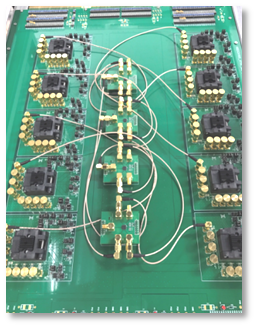
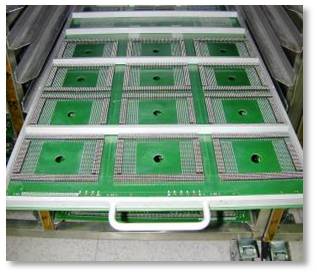
抽樣水準
可靠度壽命試驗的抽樣方式採取最低允收水準LTPD (Lot Tolerance Percent Defective),信心水準(Confidence Level)一般使用90%。樣品數的選擇與信心水準均影響到壽命的預估值,必須非常注意。
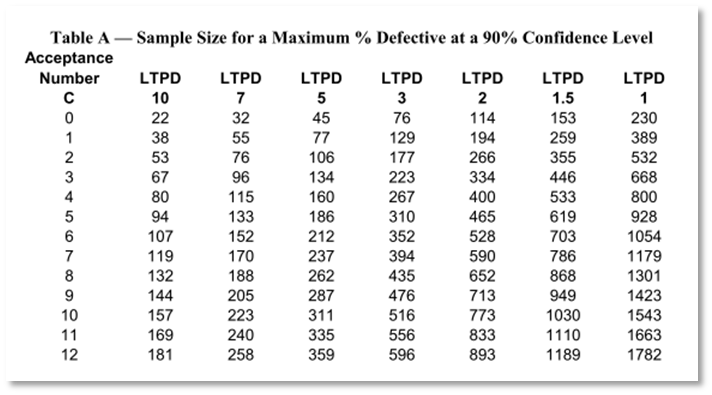
加速壽命試驗
高/低溫壽命試驗:晶片透過高/低溫壽命試驗,以模擬在不同溫度下的加速老化狀態,常用的加速因子有電壓、電流、溫度與溼度等項目。高低溫壽命試驗的溫度規格是參考晶片的結溫 (Tj,Junction Temperature),高溫一般消費型與工規產品使用125℃,低溫則使用50℃。壽命試驗的測試時間以1000小時為基礎,實際的測試時間必須根據客戶產品保固期,使用壽命公式進行推估。壽命試驗屬於動態試驗,除了上述的加速因子外,通常會輸入特定的程式,在動態的環境中確保晶片無任何的異常超標現象,以更貼近客戶使用的環境。下圖為老化測試設備的架構圖。
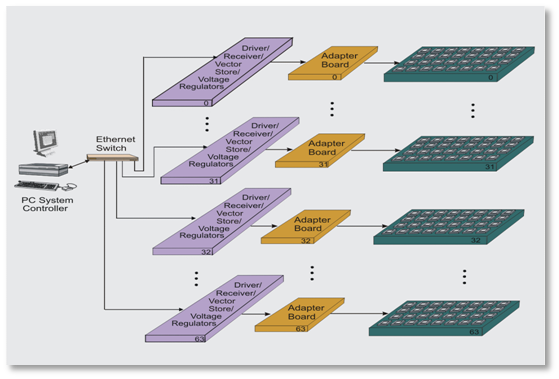
早夭失效率試驗:早夭失效率的試驗目的針對特定或特殊產品,例如車用產品,進行一個放大量的觀察。早夭失效率試驗的另一個重要目的在針對產品進行出貨後的使用壽命進行估算,以確保產品穩定度以及需要準備多少的備品作為後續RMA之用。實驗的條件與實際壽命試驗相同,但測試時間較短,且測試後無異常之產品可以出貨。下圖為浴缸曲線中的早夭區,可以看出早夭的問題來自製造與測試篩選不足而流出,是觀察生產良率相當重要的一項測試方式,而非僅以功能測試(FT)結果為主。
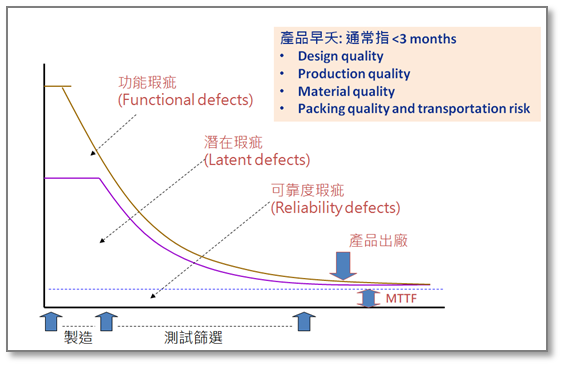
華證科技在晶片壽命試驗,由一群在半導體製程與應用上具有多年經驗的專業人員所組成,除了提供客戶一條龍服務 (One Stop Service),目前共計有台灣新竹實驗室、上海金橋實驗室、上海浦江實驗室及安徽合肥實驗室,提供不同客戶個別的需求。客製化的服務,完整的服務鏈,打造客戶高品質與快速的銷售網絡。
技術諮詢窗口
台灣新竹:蘇先生 / +886-3-6669700 ext. 6261
上海金橋:陳先生 / +86-21-3880-9688 ext. 3706
上海浦江 : 鄭先生 / +86-21-3880-9688 ext. 2626
安徽合肥 : 范先生 / +86-21-3880-9688 ext. 5318